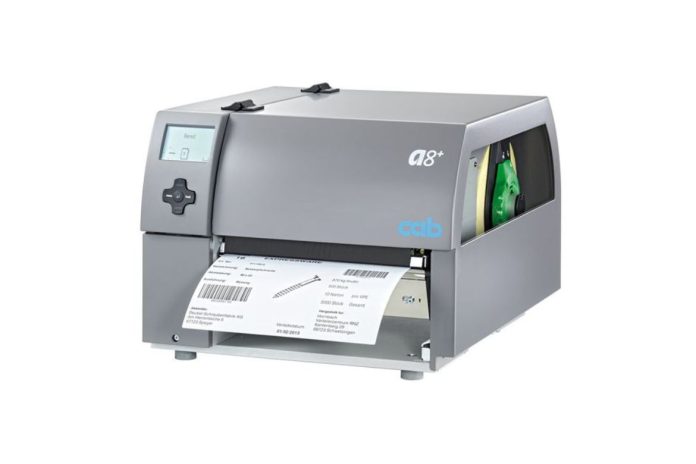Introduction to Thermal Transfer Printing
Overview of Thermal Transfer Printing
Developed in the 1980s, thermal transfer printing transfers ink from a ribbon onto a substrate using a heated printhead, creating high-quality and durable prints. Unlike direct thermal printing, which prints directly on the material, thermal transfer printing uses an intermediary ribbon for superior longevity and clarity.
Benefits of Thermal Transfer Printing
Thermal transfer printing stands out for its durability and versatility. It produces prints resistant to fading, moisture, and harsh environments, ideal for long-lasting labels in industrial and healthcare settings. Additionally, it can print on various materials, including paper, polyester, and polypropylene.
Thermal Transfer Printing in Various Industries
Manufacturing and Industrial Applications
Thermal transfer printing is used for labeling and product identification in manufacturing and industrial settings, and it is crucial in packaging and logistics. Durable labels ensure information remains legible even in challenging environments like warehouses and production lines.
Healthcare and Pharmaceutical Uses
Healthcare and pharmaceutical industries rely on thermal transfer printing to label medical devices and supplies, ensure compliance, and prevent medication errors. These labels remain intact even when exposed to sterilization or harsh chemicals.
Retail and Consumer Goods
In retail, thermal transfer printing enhances inventory management and point-of-sale systems with barcodes, price tags, and product information. It also allows for high-quality, branded labels, enhancing product presentation and appeal.
Textiles and Apparel
Thermal transfer printing is prevalent in textiles and apparel for custom fabric designs, including clothing labels and decorative elements. These prints withstand washing and wear, maintaining their appearance and functionality.
Materials and Equipment for Thermal Transfer Printing
Types of Thermal Transfer Ribbons
Thermal transfer ribbons come in wax, resin, and wax-resin types. Wax ribbons are cost-effective and suitable for paper labels. Resin ribbons offer high durability for synthetic materials like polyester and polypropylene. Wax-resin ribbons balance cost and durability.
Label Materials
Thermal transfer printing can be performed on paper, polyester, and polypropylene. Each material suits different applications; for instance, paper labels are ideal for short-term use, while polyester and polypropylene labels are chosen for their strength and environmental resistance.
Printers and Printheads
Leading brands like Zebra, Honeywell, and SATO offer various thermal transfer printers. Choosing the right printer depends on print volume, label size, and application requirements. Regular maintenance, including cleaning the printhead and replacing worn parts, ensures consistent print quality.
Optimizing Thermal Transfer Printing for Best Results
Choosing the Right Ribbon and Label Combination
Selecting the appropriate ribbon and label combination is crucial for optimal print quality. Factors to consider include the material of the label, intended use, and environmental conditions. Compatibility between the ribbon and label material ensures sharp, durable prints.
Printer Settings and Calibration
Proper printer settings and calibration are vital for the best print results. Adjusting heat and speed settings can significantly impact print quality. Regular calibration ensures efficient printer operation and consistent, high-quality prints.
Troubleshooting Common Issues
Common issues in thermal transfer printing include ribbon wrinkling, print voids, and streaks. These problems can often be resolved by checking ribbon alignment, cleaning the printhead, and adjusting printer settings. Preventive measures, like regular maintenance and using high-quality materials, minimize these issues.









